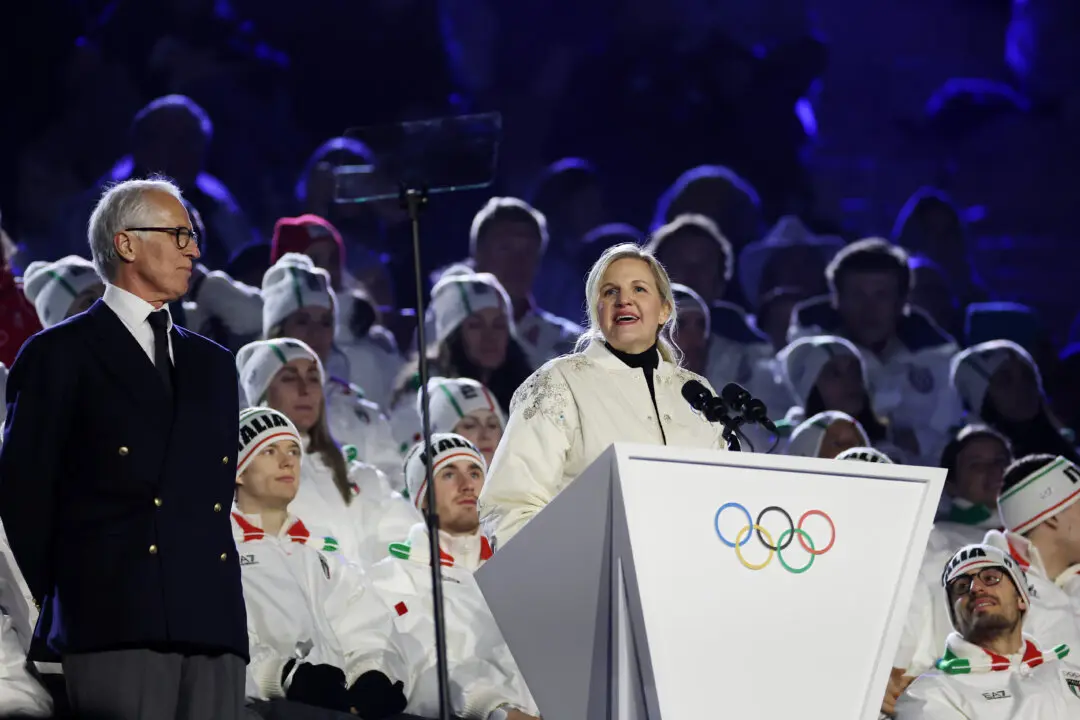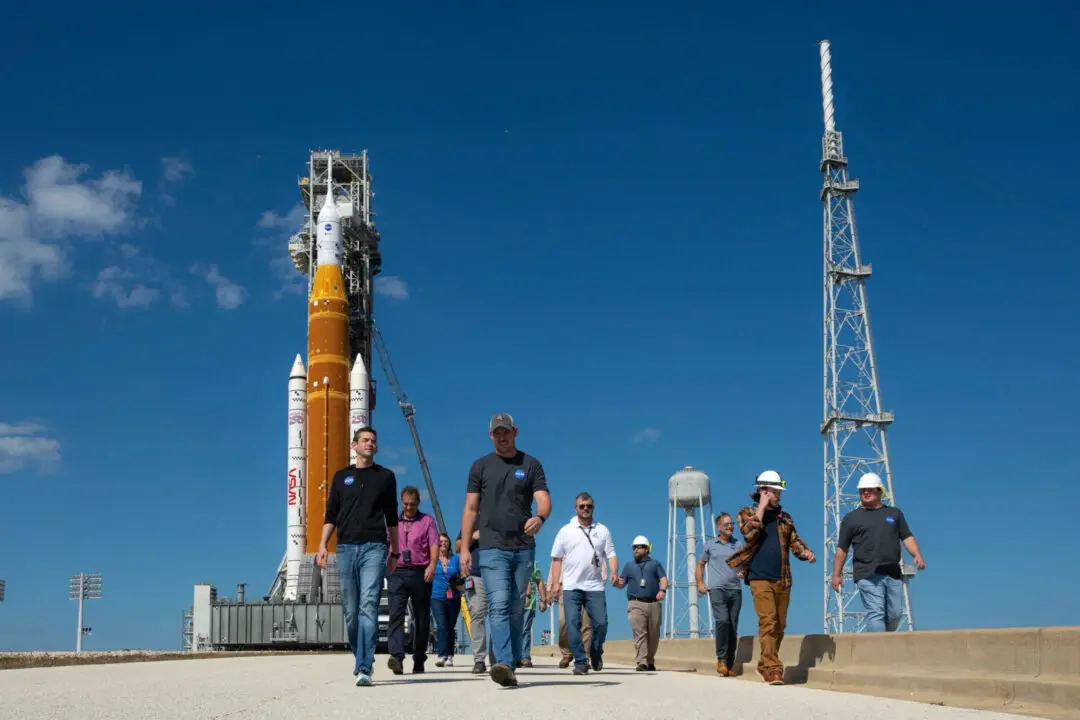WASHINGTON—Senate Republicans on Tuesday pushed for a final say on the Iran nuclear deal before the congressional review period expires, but Democrats were poised to stop any attempt to undercut the international accord and President Barack Obama’s win on a top foreign policy initiative.
The Senate was slated to vote for a second time in a week on moving ahead on a resolution rejecting the deal, and the outcome was expected to be the same, with Democrats mustering enough votes to block the measure.
As debate resumed on Tuesday, Senate Majority Leader Mitch McConnell, R-Ky., accused Democratic senators of refusing to let the Senate vote on the deal.
“A strong, bipartisan majority of the House of Representatives voted to reject the deal. A strong, bipartisan majority of the Senate would vote to reject the deal too.” McConnell said. “If only Democrat senators would stop blocking the American people from even having a final vote on one of the most consequential foreign policy issues of our age.”
Democrats, led by Senate Minority Leader Harry Reid, D-Nev., maintain that the issue is settled, especially with the congressional review period expiring on Thursday.
The international accord backed by the United States, Iran and five world powers would curb Iran’s nuclear program in exchange for relief from crippling sanctions that have undercut Tehran’s economy.
The accord got a boost as the Vatican, just ahead of Pope Francis’ visit to Washington next week, welcomed the agreement.
Archbishop Paul Gallagher, the Holy See’s secretary for relations with states, said in Vienna on Monday that the Vatican backs the agreement because it thinks the best way to resolve disputes is through dialogue and negotiation.
Gallagher said the Vatican hopes that full implementation of the accord “will ensure the peaceful nature of Iran’s nuclear program” and “will be a definitive step toward greater stability and security in the region.”





